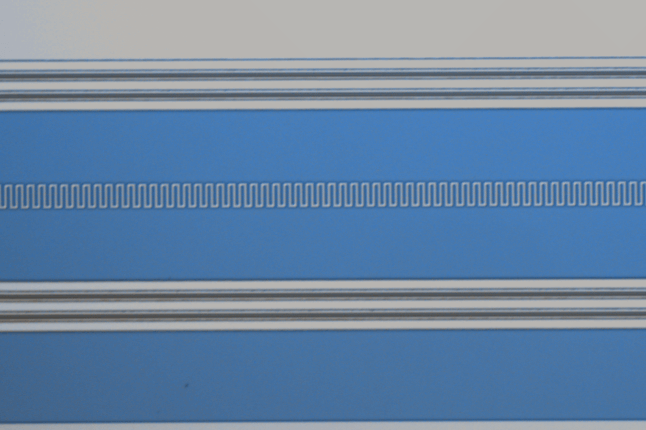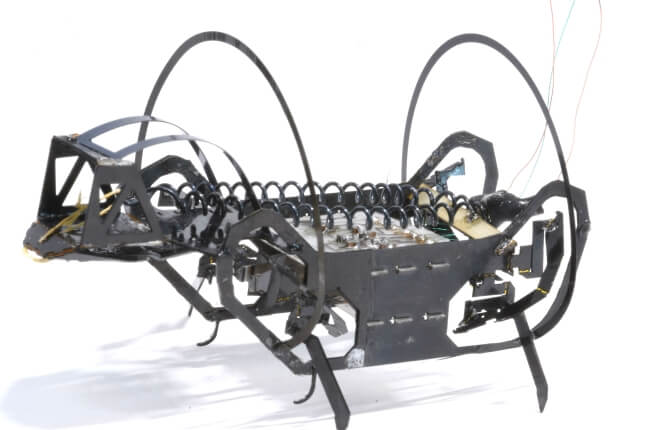News
Katherine Pane, S.B. '24
When she arrived as a Harvard freshman, Katherine Pane had no interest in government work. She liked mechanical engineering and climate science, and sought to combine those pursuits through groups such as Engineers Without Borders (EWB) and the Harvard Undergraduate Clean Energy Group. Pane, a rising fourth-year concentrating in mechanical engineering at the Harvard John A. Paulson School of Engineering and Applied Sciences (SEAS), is planning a senior capstone project focused on water distribution in low-resource regions, similar to the work she’s done with EWB.
Her experiences during a summer internship at the Engineer Research and Development Center for the U.S. Army Corps of Engineers (USACE) in Mississippi now has Pane rethinking her future plans. The projects she worked on in the Coastal and Hydraulics Laboratory could pave the way for the use of artificial reefs to reduce the damage of tidal waves, as well as lead to safer troop transport in amphibious vehicles.
“It’s definitely shifted my mindset as to what I want to do,” Pane said. “The projects are like nowhere else. You’re always going to be kept busy with something cool as long as you seek it out.”
Pane spent most of her internship in a large research hangar controlling the flumes, two 208-feet-long water tanks. Devices at one end of each flume could simulate waves at specific heights or intervals, allowing the lab to model and collect data for a range of potential weather patterns or coastal conditions.
“It was great, because on the first day they already had me out in the hangar, a huge building that holds the physical models,” Pane said. “On any given day, we’d run a bunch of tests, so we’d have to set up for them by filling up the flume, make sure it’s at the right water height, and move any structures inside the tank if that was necessary. For the majority of the day, I’d be up in the control room, running the simulation device and data acquisition system.”
Coral and oyster reefs have been shown to greatly reduce tidal energy and prevent shoreline erosion. Artificial reefs could be an effective way to combat their destruction due to climate change and overharvesting. Pane also helped test a scaled model for a new amphibious transport vehicle, collecting data on how the vehicle handled wave effects and designing a new propulsion system for it.
“I’m interested in projects I think can impact the world,” Pane said. “That’s why I found a lot of joy in my job this summer. The oyster reef project drew me to the job, which I thought was really cool because it allows oysters to have a home to live on while also helping a community. The intention is to be a coastal defense against tidal energy, but there’s also an intention to recruit organisms like coral or oysters to live on the reef.”
Pane’s mother is Karen Pane, USACE Director of Human Resources. This wasn’t Katherine Pane’s first time working for the U.S. government; last summer she was a research intern at Los Alamos National Laboratory. A great experience there set her up for success at USACE, and more government work could be in her future once she graduates.
“USACE does almost entirely civil engineering projects or crucial infrastructure projects for communities,” she said. “I think there’s a high probability that I’ll go back to USACE and try to get my master’s with their assistance.”
The SEAS mechanical engineering program provided Pane with skills that directly translated to her work at USACE, and certain calculations she had to make on rotation or center of gravity were “literally straight from class.” But her coursework also gave her a basic approach to problem-solving, which proved invaluable even when tackling unfamiliar topics.
“Most of the time, what I’m doing is learning on the job,” she said. “The benefit from going to school and getting a degree is to get that fundamental knowledge and background in how you approach problems. The rest of it is learning and refreshing as you go, because you’re probably not going to remember everything. Just having that basis is really helpful.”
Topics: Climate, Environment, Environmental Science & Engineering, Materials Science & Mechanical Engineering
Cutting-edge science delivered direct to your inbox.
Join the Harvard SEAS mailing list.
Press Contact
Matt Goisman | mgoisman@g.harvard.edu


